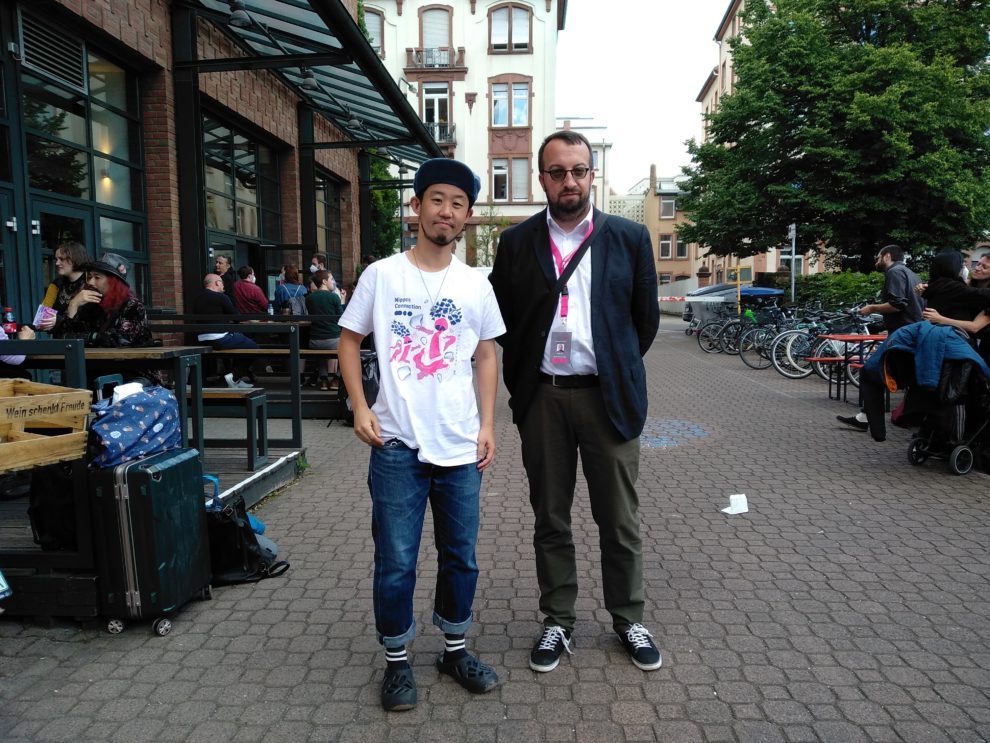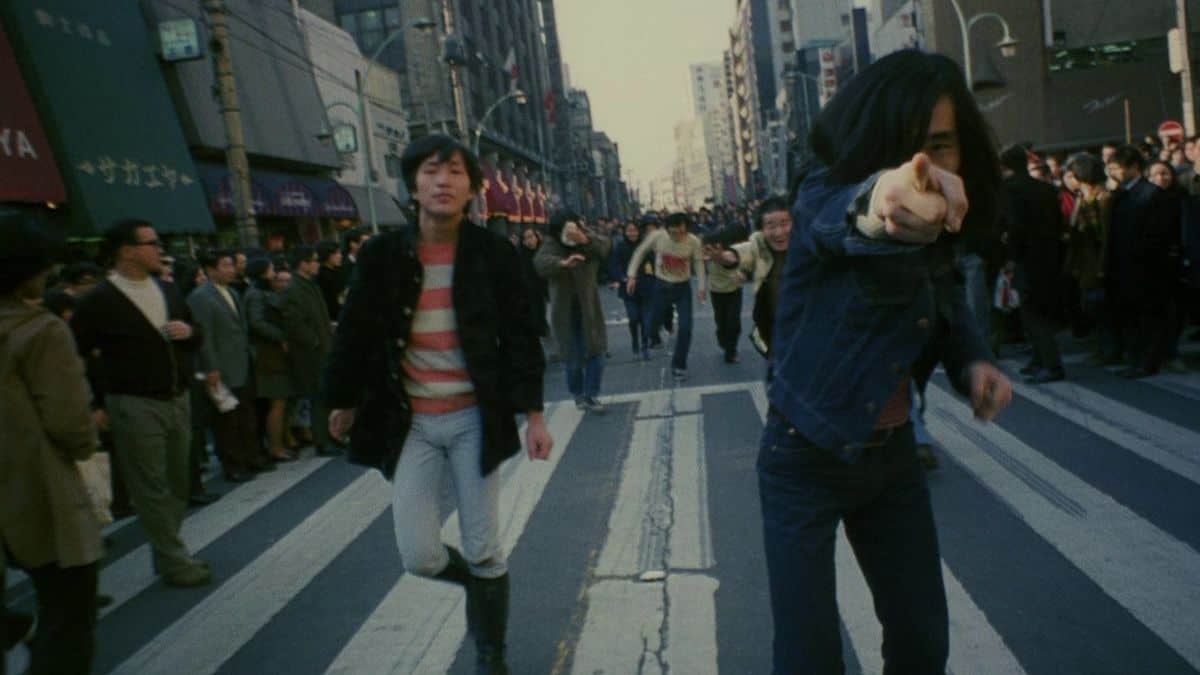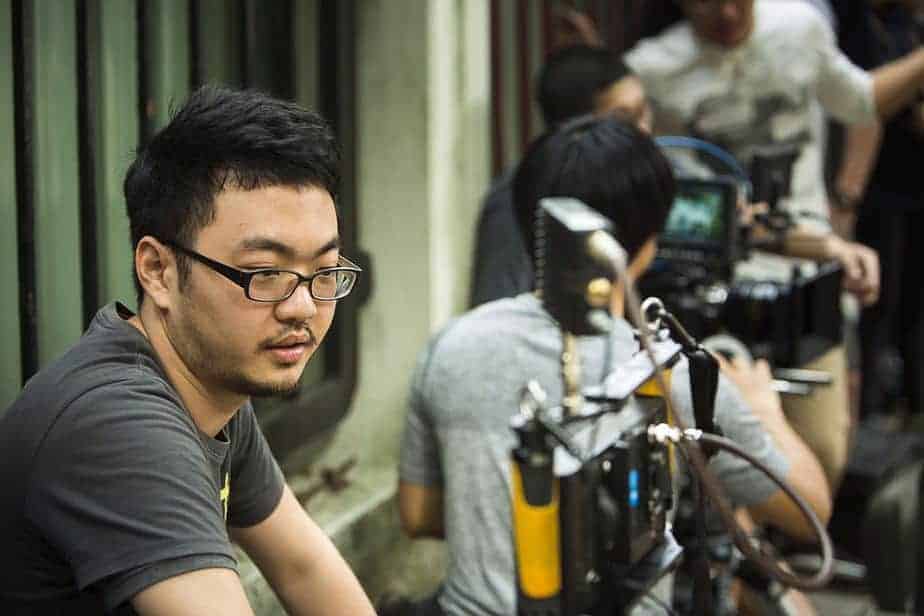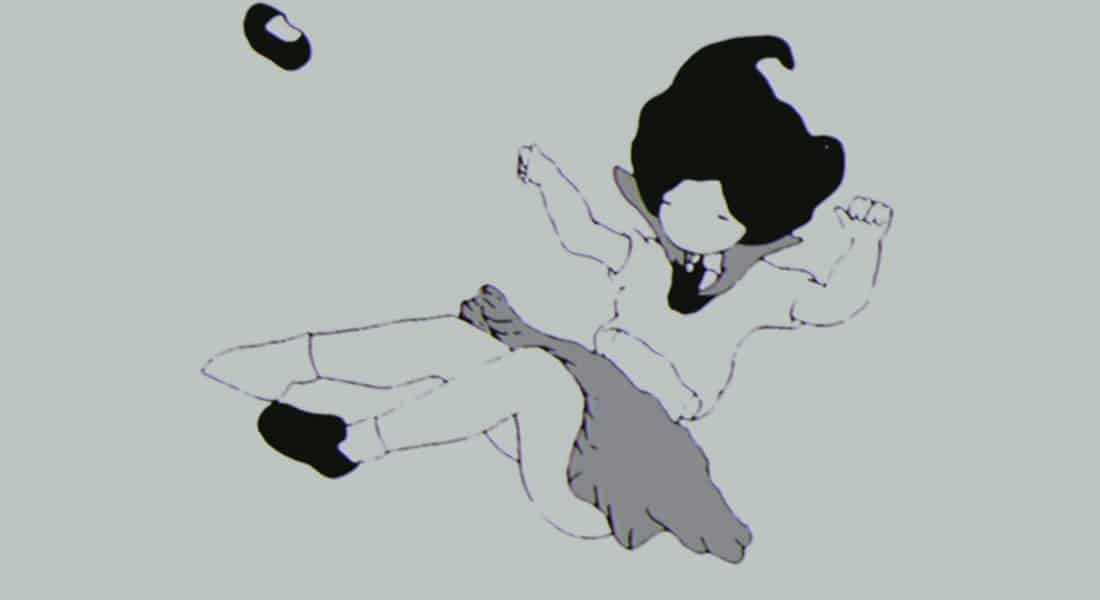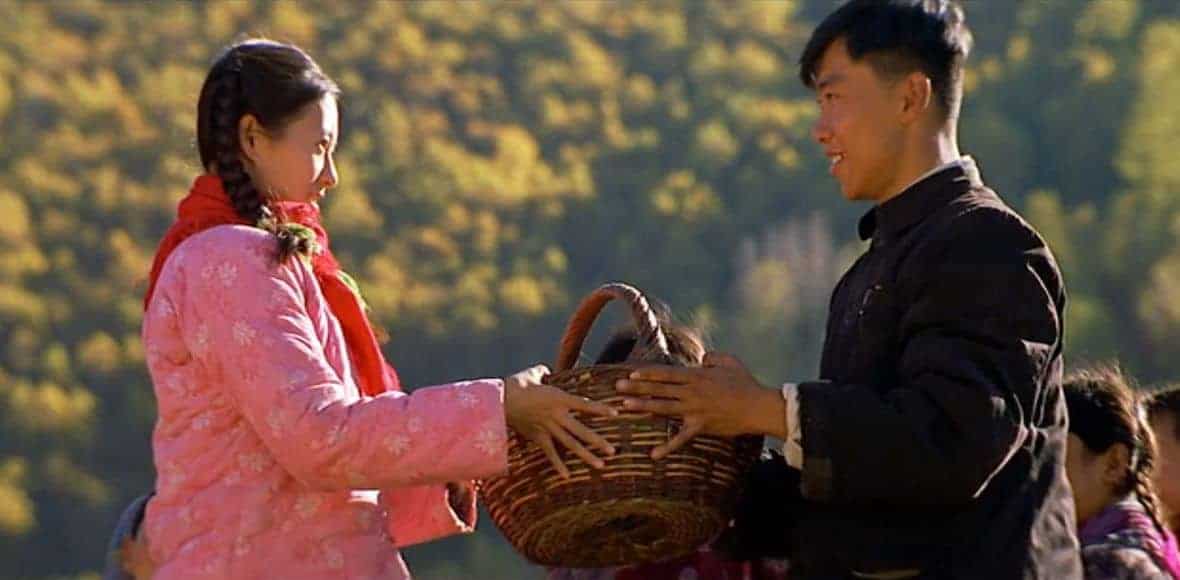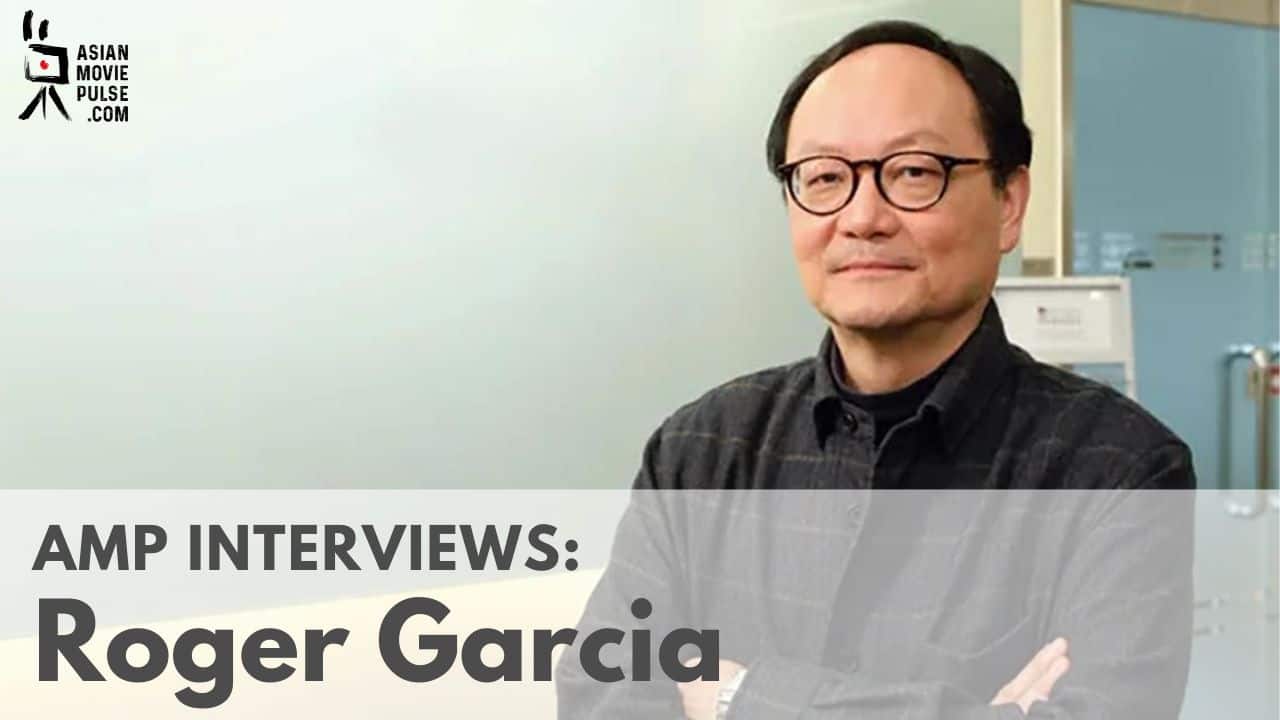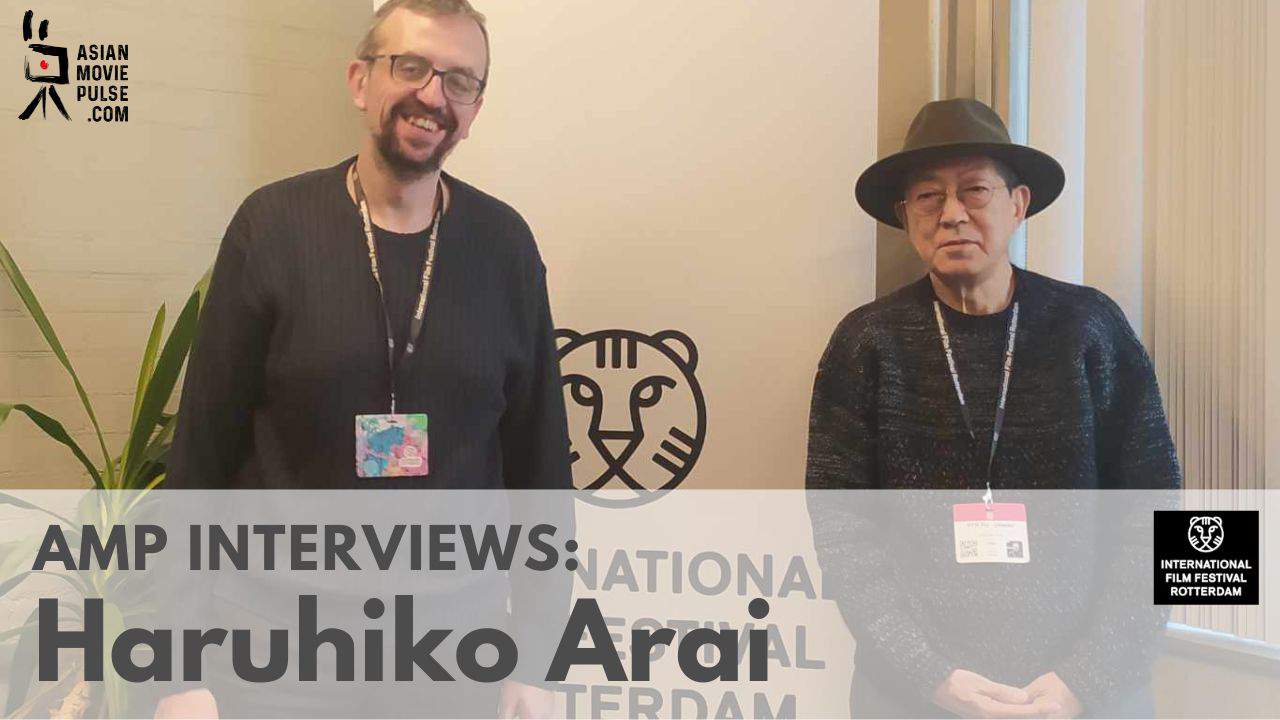Kasho Iizuka is a Japanese director, writer, cinematographer, editor and producer. After studying under filmmaker Yoshitaro Negishi and screenwriter Masato Kato, he made his first feature film titled “Our Future” in 2011, which was nominated for the Dragons and Tigers Award at Vancouver International Film Festival and won the Special Jury Prize at PIA Film Festival. In his works, he concentrates on modern Japan, especially from the perspectives of transgender and cisgender people.
In his new feature, “Angry Son”, he tells the story of Jungo, a young gay teenager, who struggles with his identity, being half Japanese and half Filipino, while also facing a strained relationship with his mother and searching for his real father.
On the occasion of “Angry Son” being screened at this year's Nippon Connection, Kasho Iizuka talks about his own anger at Japanese society and politics, the casting of the film and finding the right balance of drama and comedy.
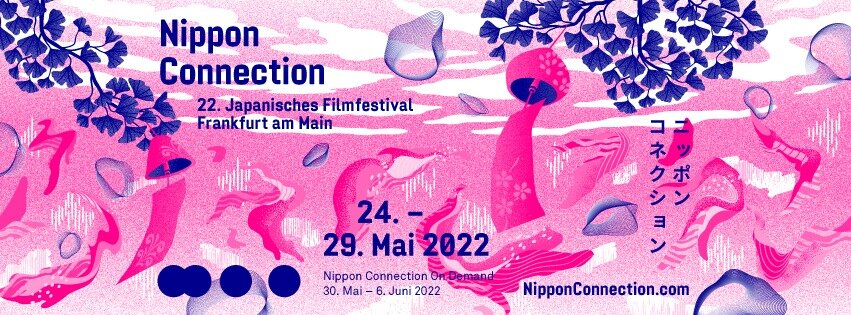
In the feature, the protagonist carries a lot of anger with him, directed at many people in his life as well as many institutions. What are you angry about?
As a transgender man myself, I have a lot of sympathy for what Jungo is going through, and I understand his struggles, for example with his mother, since it resembles my own struggle with my family when I came out. I carried a lot of anger in me as well and was searching for a way to communicate and channel it productively.
When you begin a project, does it start with an image, a dialogue or with a certain character you would like to explore further?
At first, I wanted to talk about the relationship with my mother and the conflicts we were going through, and after that I got the idea for the character of Jungo. Then I began constructing his world and his story.
Do you think that Japanese politics and society are more of an obstacle for people like Jungo when it comes to finding their identity, culturally and sexually?
Well, in the last ten years, especially due to the Olympics, concepts such as diversity have found their way into Japanese society, much more so than before. However, I have a feeling this only happened on a surface level, as this understanding and talking about this issue has not been implemented fully, for example, in the education system, which is why I have my doubts whether it has changed how people think about gay or transgender people.
In general, in Japan we tend to follow the saying that if something is not broken, there is no need to fix it. This is true for Japanese society, but also for the politics of my home country. That pretty much explains the standstill in Japanese politics or the very slow response when it comes to, for example, LGBTQ issues.
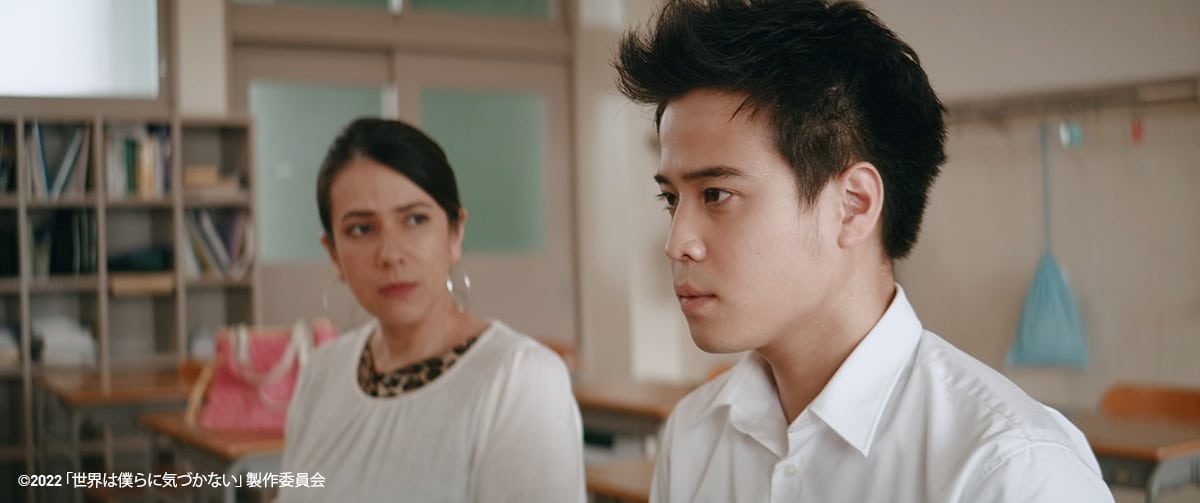
Can you say something about the casting of Kazuki Horike and GOW for “Angry Son”?
GOW is one of the few performers in Japan who has roots within Filipino culture, which is why she was the perfect fit for the role of the mother. In the case of Kazuki Horike, I knew him even before we started filming and casting, and I knew about his strength as an actor. So I understood that this is the kind of performer I wanted for the character of Jungo, since Kazuki could bring this level of intensity to the role.
Even though “Angry Son” is first and foremost a drama, it also has many funny scenes. How do you manage to find the right balance between drama and comedy?
In Japanese cinema, but also in many other features from all over the world, there is a tendency to tell stories about characters like Jungo with an emphasis on drama and tragedy. I wanted to avoid falling into that trap.
Additionally, the Filipino culture strikes me as one which has a lot of joy and happiness within, which is something I also wanted to include in the story of “Angry Son”. This is also one of the reasons my film includes not one, but two weddings.
Thank you for the interesting conversation.


